Research Program Overview
The Surgical Protocol Development research domain at SCOLI focuses on creating standardized, evidence-based surgical protocols that enhance patient safety, improve outcomes, and reduce technical variability in spine surgery procedures. Our multidisciplinary approach combines clinical expertise, biomechanical analysis, and quality improvement methodologies to develop comprehensive surgical guidelines.
Through systematic analysis of surgical techniques, outcome data, and best practices, we develop standardized protocols that can be implemented across different clinical settings. Our research emphasizes both technical precision and patient-centered outcomes, ensuring that protocol development is grounded in rigorous scientific evidence and real-world clinical effectiveness.
Evidence-Based Approach
All protocol development is grounded in rigorous scientific evidence, utilizing systematic reviews, clinical trials, and real-world outcome data to ensure the highest standards of patient care and safety.
Clinical Translation
Our protocol development research directly impacts clinical practice by providing surgeons with standardized, evidence-based guidelines that improve patient outcomes and reduce variability in surgical care. We work with medical institutions to implement and validate these protocols in real-world clinical settings.
Research Inquiries Collaboration Opportunities
Mission
To develop, validate, and standardize evidence-based surgical protocols that optimize patient outcomes, reduce variability in surgical techniques, and establish best practice guidelines for spine surgery procedures across diverse clinical settings.
Primary Research Areas
Minimally Invasive Techniques
Standardization of minimally invasive surgical techniques including endoscopic procedures and percutaneous interventions.
Robotic Surgery Protocols
Development of comprehensive protocols for robotic-assisted spine surgery procedures and implementation guidelines.
Quality Improvement
Creation of systematic quality improvement frameworks that integrate surgical protocols with outcome monitoring.
Surgical Safety
Implementation of surgical safety protocols and complication prevention strategies across all procedures.
Training & Competency
Design of evidence-based training curricula and competency assessment tools for surgical skill development.
Post-Operative Care
Standardization of post-operative care protocols to ensure consistent patient recovery and outcomes.
Research Methodology
Our research program employs systematic review and meta-analysis techniques to synthesize existing evidence and identify optimal surgical approaches. We conduct prospective clinical studies to validate protocol effectiveness and utilize statistical process control methods to monitor implementation success and identify areas for continuous improvement. The methodology includes comprehensive outcome measurement using validated instruments, biomechanical analysis of surgical techniques, and collaborative multi-institutional studies to ensure protocol generalizability. We work closely with quality improvement teams and surgical education programs to facilitate effective protocol implementation and adoption.
Current Initiatives
Minimally Invasive Spine Surgery Standardization
Ongoing Development of comprehensive protocols for minimally invasive techniques including endoscopic procedures, robotic-assisted surgery, and percutaneous interventions. This initiative focuses on reducing surgical trauma while maintaining optimal patient outcomes.
Quality Improvement Implementation
2024-2025 Creation of systematic quality improvement frameworks that integrate surgical protocols with outcome monitoring and continuous process refinement. These frameworks enable real-time assessment and optimization of surgical practices.
Surgical Training Protocol Development
2025-2026 Design of evidence-based training curricula and competency assessment tools that ensure consistent surgical skill development and technique standardization across all levels of surgical education.

